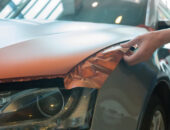
Experiencing an automobile accident can be a frightening and disorienting ordeal. Understanding the necessary steps to take after such an incident is vital for your safety and the efficient management of any required reports and claims. This article guides you through eight essential actions to follow after an automobile accident, with a particular focus on the process of filing an accident report.
1. Look for any Injuries
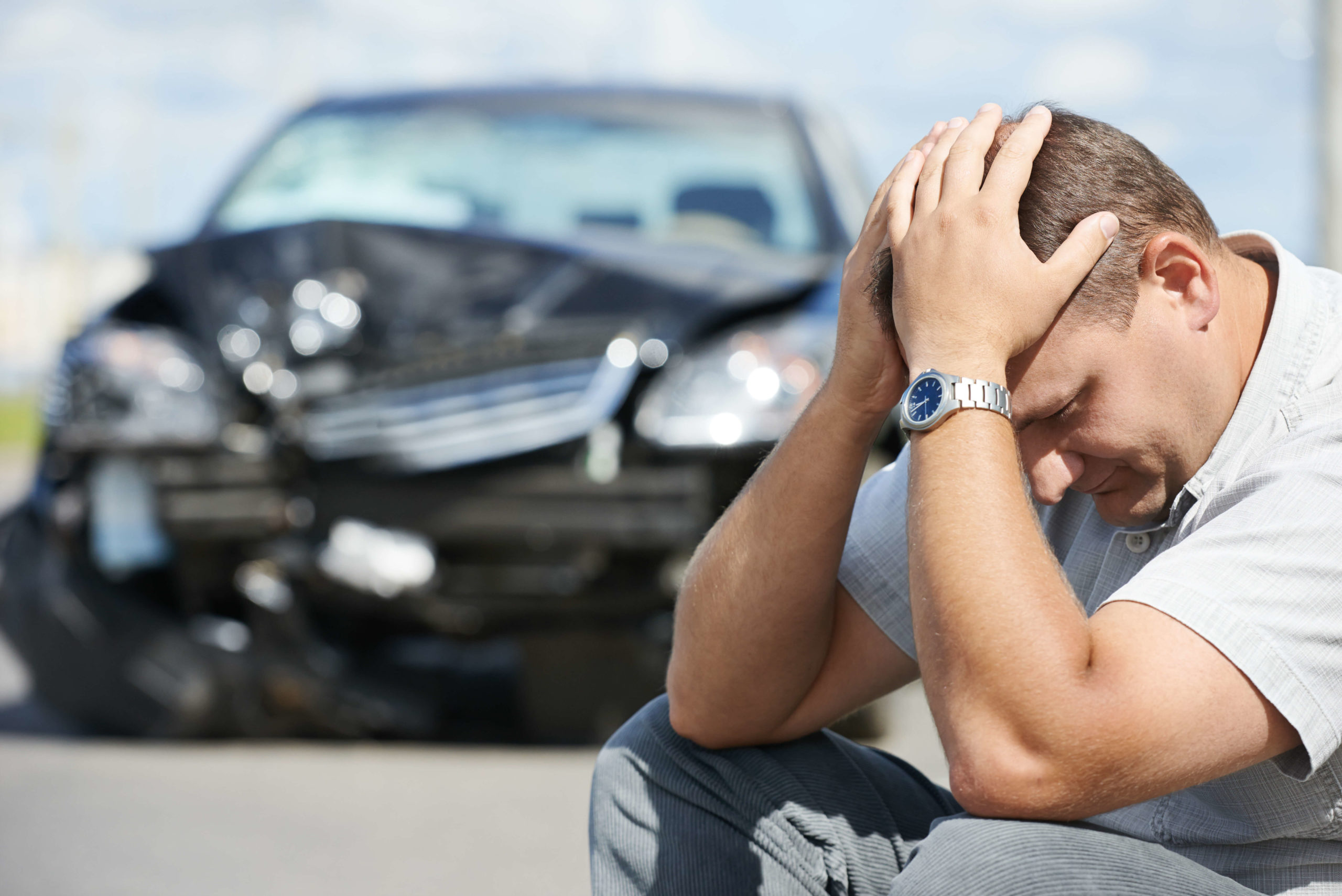
Source: requestlegalhelp.com
The initial action following an automobile accident is to look for injuries. This includes determining how you and other accident participants are doing. Remember that not all wounds are immediately obvious. Even slight crashes might cause injuries that later show up. It’s important to use caution and seek medical help when necessary. Contact 911 if there are injuries that require immediate attention, and remember that your well-being should always be a top priority. Quick action in seeking medical care can prevent potentially serious health issues.
2. Ensure Your Safety
The priority is to ensure safety. This means checking if you and all other parties involved are safe. To avoid additional collisions or blockages, it’s essential to maintain your composure and relocate your car to a safe area, such as the side of the road. Activate your hazard lights to alert other drivers to the accident scene. This simple action can help avoid further collisions and ensure everyone’s safety. Remember that in the moments following a crash, adrenaline, and shock can cloud your judgment, so it’s essential to act calmly and swiftly to prevent additional risks.
3. Call the Police
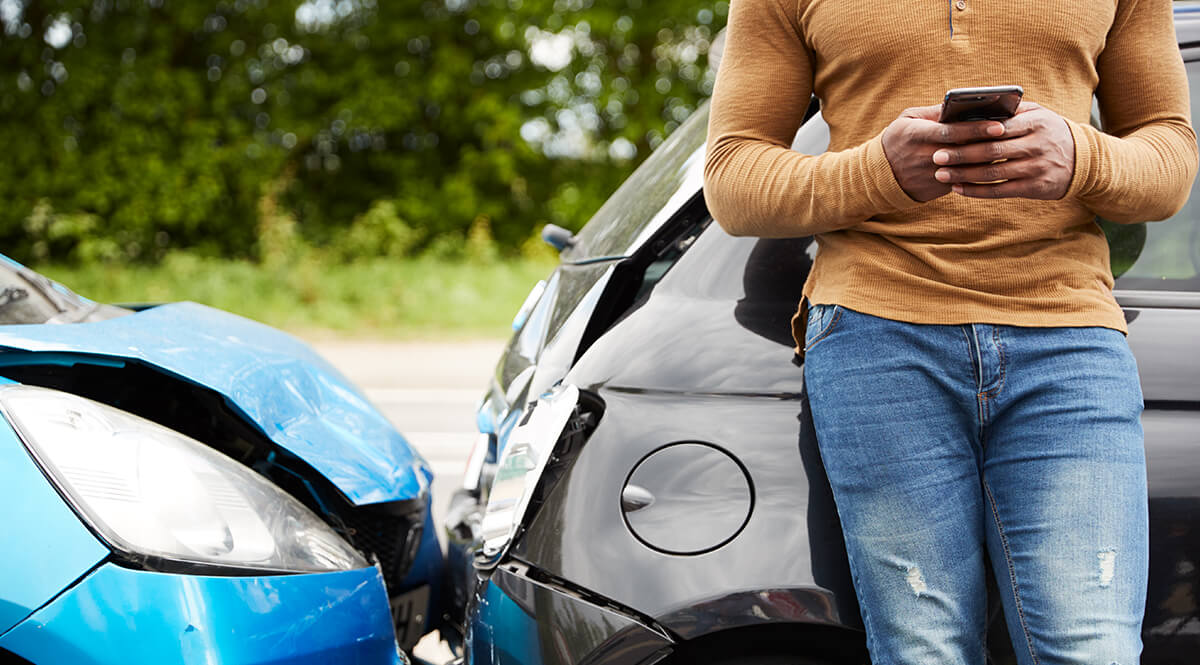
Contacting the police is a pivotal step in the aftermath of a car crash. This official report is crucial for any legal actions, or insurance claims, and be prepared to provide the police specific details about the collision when you call the police. This includes the location, the vehicles involved, any injuries sustained, and a brief description of the events leading up to the crash. This report helps document the incident, and its accuracy is vital in the processing of any claims or disputes that may arise.
4. Exchange Information
The next step is to exchange information with the other driver(s) after making sure everyone is safe and calling the police. It’s vital to obtain their full names, contact numbers, addresses, and insurance information. Equally important is providing your information to the other parties. Accurate and complete information exchange is essential for facilitating insurance claims and potential legal actions. The parties involved in the accident can communicate using these specifics as a starting point.
5. Gather Witness Information
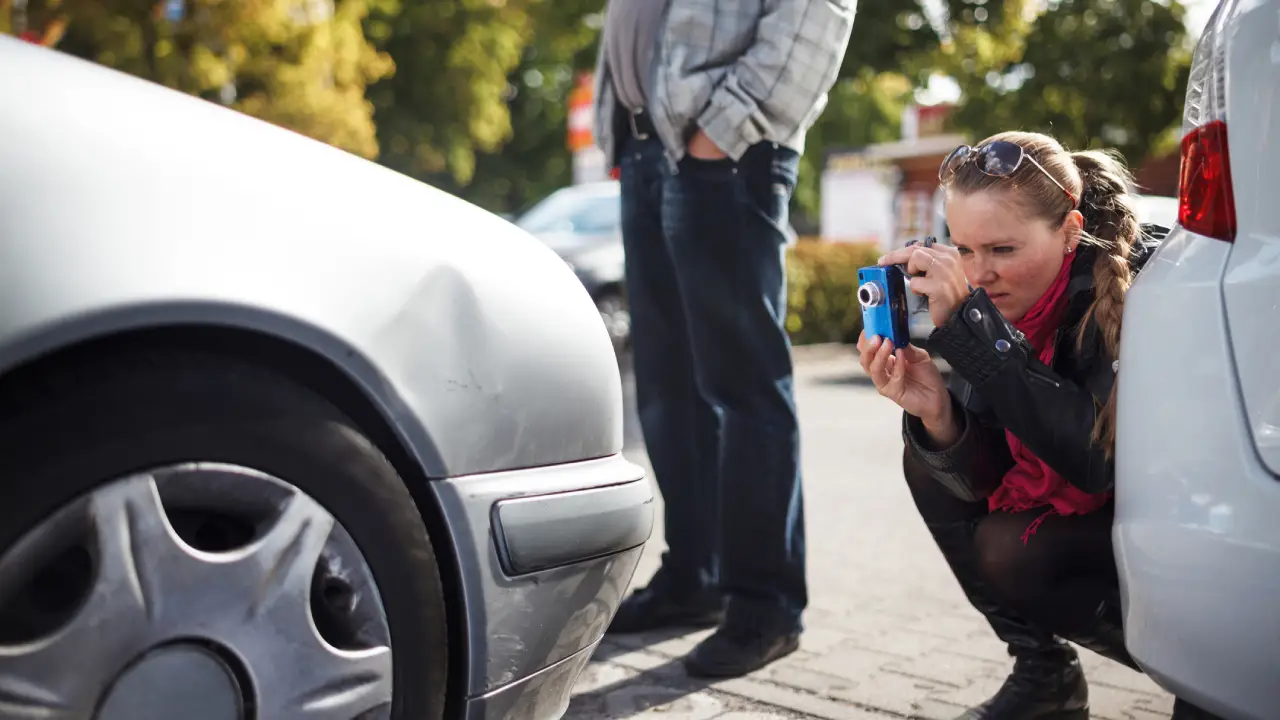
Source: bankrate.com
If there were witnesses to the accident, collecting their contact information is crucial. Witnesses can provide valuable statements if their accounts support the details of the crash. This added testimony can be instrumental in substantiating the events that occurred and bolstering your case. Remember that witness information can play a significant role in resolving disputes and ensuring a fair and accurate assessment of the incident.
6. Document the Scene
Taking photographs of the accident scene and related elements is another crucial step. Document the damage to the vehicles involved, capture license plates, and note any factors such as road conditions, weather, or traffic signals that may have contributed to the accident. The parties involved in the accident can communicate using these specifics as a starting point. Clear and comprehensive documentation can help clarify the circumstances of the accident.
7. Notify Your Insurance Company
After the initial steps of ensuring safety, contacting the police, exchanging information, and documenting the scene, it’s essential to notify your insurance company. You must report the accident to your insurer as soon as possible for your claim to be handled. Please provide them with all the details you’ve acquired, such as the police report and any witness information. Your insurance company will guide you through the claims process, which may include addressing property damage, medical expenses, and any other financial matters associated with the accident.
8. Follow Up on the Police Report
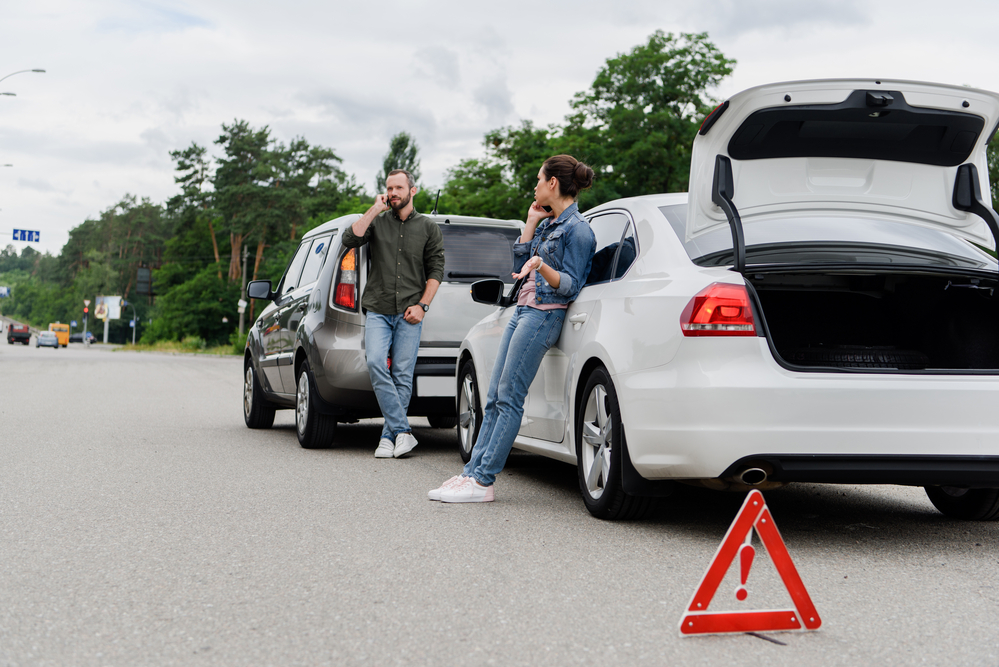
Source: legalscoops.com
In the context of dealing with a car accident in Las Vegas, for example, it’s vital to follow up on the police report, which is an integral part of car accident reports in Nevada. Please request a copy of the report and carefully examine it to confirm correctness. Confirm that all crucial details, such as the accident’s location, involved parties, injuries, and a factual account of the events, are precisely documented. This report not only proves valuable to your insurance company but also forms a cornerstone in the legal framework. By carefully assessing and verifying the specifics in the police report, you actively contribute to a smoother resolution of the incident and minimize potential complications.
Conclusion
Knowing what to do after a car crash can make a big difference even though it can be a stressful and scary event. These eight essential steps are designed to ensure your safety, support the processing of necessary reports and claims, and facilitate the resolution of the accident’s aftermath. These suggestions can help you more easily go through the recovery phase after an accident, reducing any potential difficulties.



